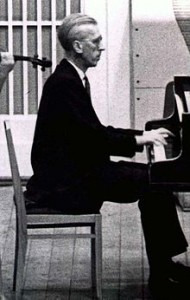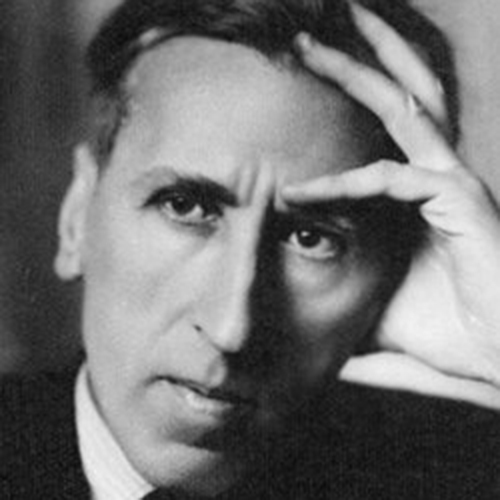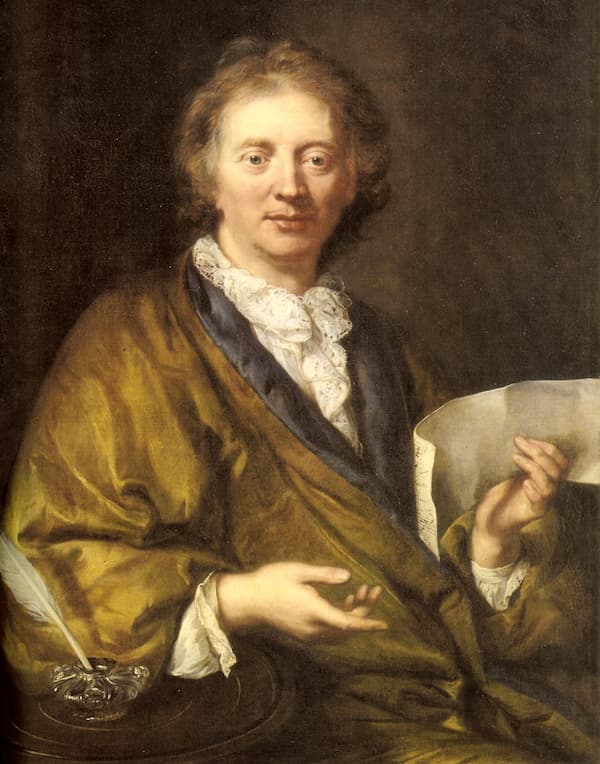 For primarily political reasons, the music of Dmitri Kabalevsky never really enjoyed great popularity in the West. Despite writing in a readily accessible musical style that was primarily rooted in folk music, his name was listed in the infamous 1948 Party Decree authored by Zhdanov. The decree attacked many leading Soviet composers—including Myaskovsky, Prokofiev, Shostakovich and Shebalin—for not writing music which appealed directly to public taste. Unlike his compatriots, Kabalevsky admitted his mistakes, composed a number of concertos for Russian Youth, and escaped censure. Making ample use of folk melodies, his Violin Concerto was first performed by the 18- year old Igor Bezrodny, and the Third Piano Concerto premiered by the 14-year old Vladimir Ashkenazy in 1953. The central piece in a trilogy of concertos was his Cello Concerto No. 1, composed between 1948 and 1949. A young Svyatoslav Knushevitsky, who was accompanied by a youth orchestra from the Moscow Conservatory, premiered it in 1949. Essentially lyrical, and with a flavor of Russian and Near Eastern folk music found in many of his other works, the piece was immediately popular. Clearly, Kabalevsky was not as adventurous as in his contemporaries in terms of harmony, and he drew heavy criticism from some quarters because he rejected the new direction in music. Preferring conventional diatonic harmonies, interlaced with chromaticism and major-minor interplay, his post-war works have been characterized as “popular, bland, and successful.” Frequently compared to Khachaturian, his music was spitefully described as “Prokofiev-with-water.” Be that as it may, Kabalevsky’s most important contribution to music is his consistent efforts to connect children to music. Kabalevsky wrote, “Children have always held a great place in my musical life. For me, there can be neither music nor life without children. I have composed music and written books for them, talked about music and taught at music schools, conducted children’s choirs and orchestras.” At Kabalevsky’s funeral, his colleague and friend Sir Frank Callaway eulogized, “Kabalevsky was a unique personality in international music and music education, whose greatest happiness was to write music for children.”
For primarily political reasons, the music of Dmitri Kabalevsky never really enjoyed great popularity in the West. Despite writing in a readily accessible musical style that was primarily rooted in folk music, his name was listed in the infamous 1948 Party Decree authored by Zhdanov. The decree attacked many leading Soviet composers—including Myaskovsky, Prokofiev, Shostakovich and Shebalin—for not writing music which appealed directly to public taste. Unlike his compatriots, Kabalevsky admitted his mistakes, composed a number of concertos for Russian Youth, and escaped censure. Making ample use of folk melodies, his Violin Concerto was first performed by the 18- year old Igor Bezrodny, and the Third Piano Concerto premiered by the 14-year old Vladimir Ashkenazy in 1953. The central piece in a trilogy of concertos was his Cello Concerto No. 1, composed between 1948 and 1949. A young Svyatoslav Knushevitsky, who was accompanied by a youth orchestra from the Moscow Conservatory, premiered it in 1949. Essentially lyrical, and with a flavor of Russian and Near Eastern folk music found in many of his other works, the piece was immediately popular. Clearly, Kabalevsky was not as adventurous as in his contemporaries in terms of harmony, and he drew heavy criticism from some quarters because he rejected the new direction in music. Preferring conventional diatonic harmonies, interlaced with chromaticism and major-minor interplay, his post-war works have been characterized as “popular, bland, and successful.” Frequently compared to Khachaturian, his music was spitefully described as “Prokofiev-with-water.” Be that as it may, Kabalevsky’s most important contribution to music is his consistent efforts to connect children to music. Kabalevsky wrote, “Children have always held a great place in my musical life. For me, there can be neither music nor life without children. I have composed music and written books for them, talked about music and taught at music schools, conducted children’s choirs and orchestras.” At Kabalevsky’s funeral, his colleague and friend Sir Frank Callaway eulogized, “Kabalevsky was a unique personality in international music and music education, whose greatest happiness was to write music for children.”
Dmitri Kabalevsky: Cello Concerto No. 1, Op. 49
You May Also Like
-
 Dmitry Kabalevsky Dmitry Kabalevsky was destined for a career in mathematics and economics, but his fascination with the arts steered his career in entirely different directions.
Dmitry Kabalevsky Dmitry Kabalevsky was destined for a career in mathematics and economics, but his fascination with the arts steered his career in entirely different directions. - Unsung Concertos
Robert Schumann: Violin Concerto, WoO 23 One might reasonably assume that anything written by Robert Schumann for the concerto stage would be played the world over. - Unsung Concertos
Joseph Leopold Eybler: Clarinet Concerto (1798) The comparatively late addition of the clarinet family to our modern catalogue of musical instruments at the turn of the 18th century immediately spawned countless generations of woodwind virtuosi. - Unsung Concertos
Nikolaus Kraft: Cello Concerto No. 1 (1815) Antonín Kraft was one of the earliest cello superstars!
More Anecdotes
-
 The Colours of Love: Couperin’s Dominos The secret language of colors at French royal balls
The Colours of Love: Couperin’s Dominos The secret language of colors at French royal balls - The Devil is a Woman
Eugene Aynsley Goossens and Rosaleen Norton From police raids to passionate letters, learn about the Goossens-Norton scandal - Day and Night with Rachmaninoff
A Close Look at His Symphonic Dances An epic battle between life and death -
 Haydn’s “Ox Minuet” A butcher, his daughter's wedding, and a composer's unexpected reward
Haydn’s “Ox Minuet” A butcher, his daughter's wedding, and a composer's unexpected reward



